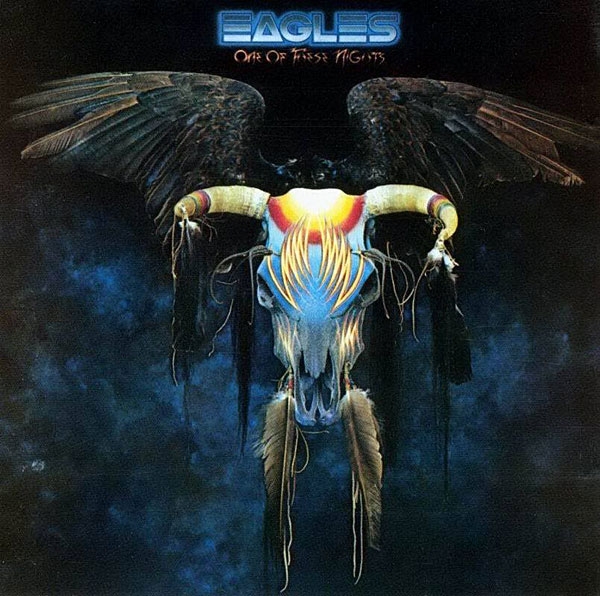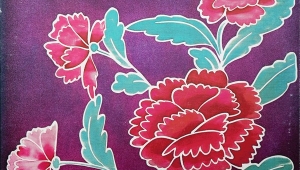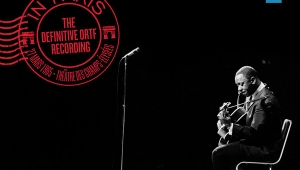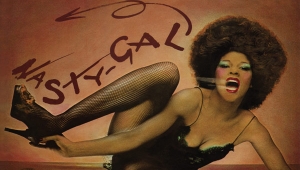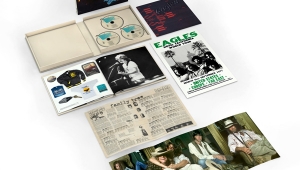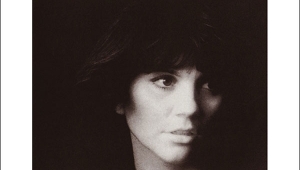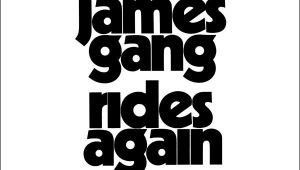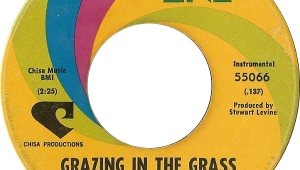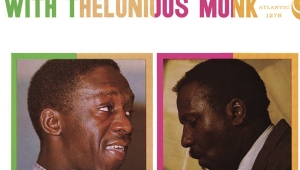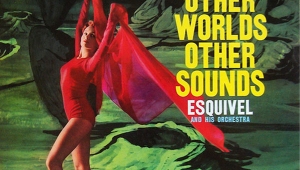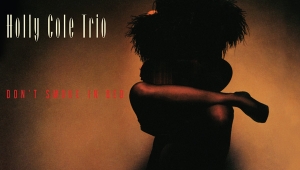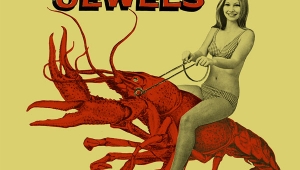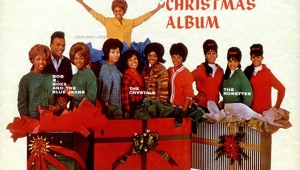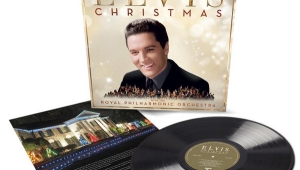| Columns Retired Columns & Blogs |
... it's almost impossible to take The Eagles seriously.
In the mid-90's, when they launched their first of many comebacks/money-grabs, The Eagles essentially doubled the price of going to a concert. At the time when every-other major act was charging $50-$75, tickets to The Eagles cost $150; pretty-soon, every major rock band was doing the same.
I'm sure Glenn Frey was a good guy, and 67 is way-too-young, but as The Dude says, I really hate the f***ing Eagles.
